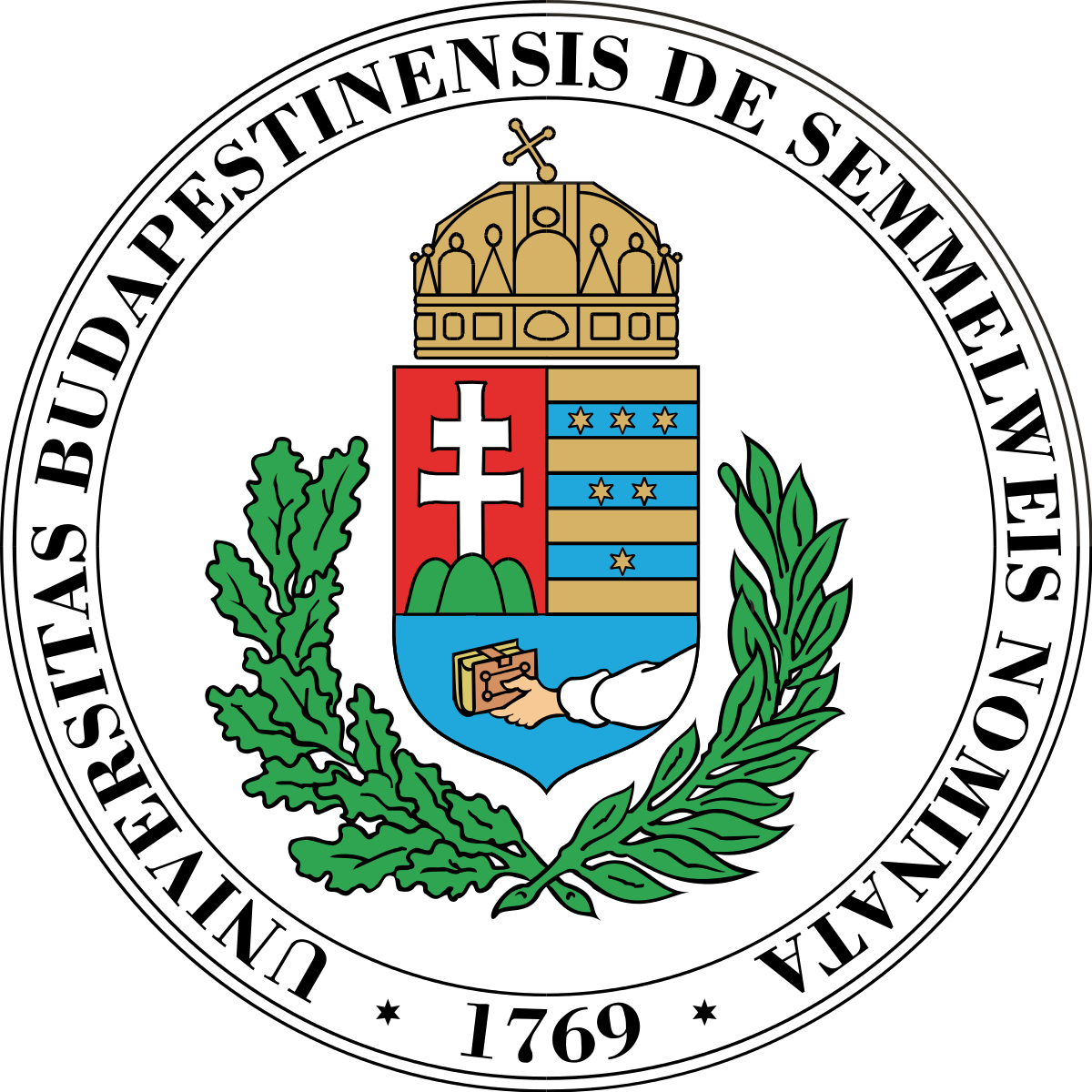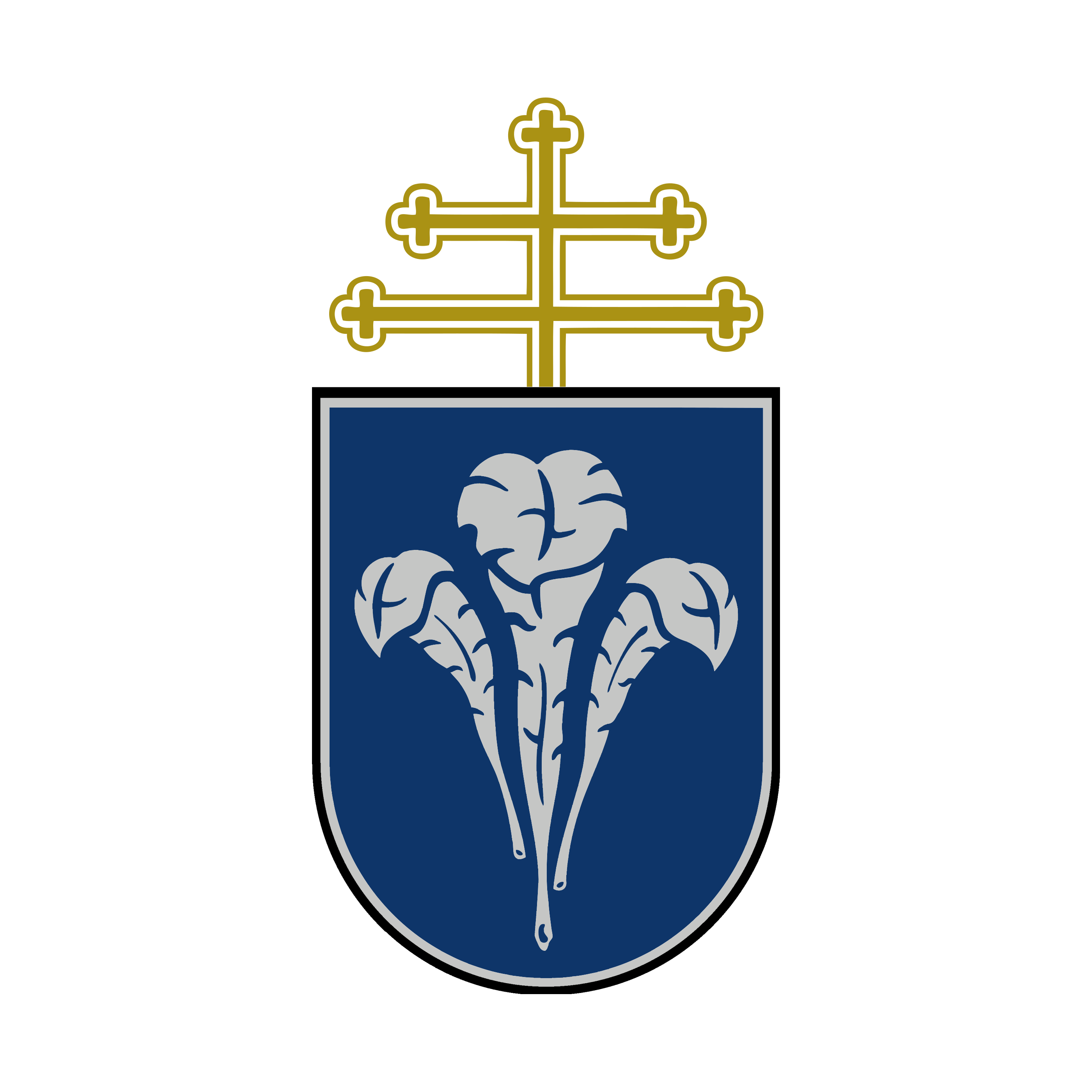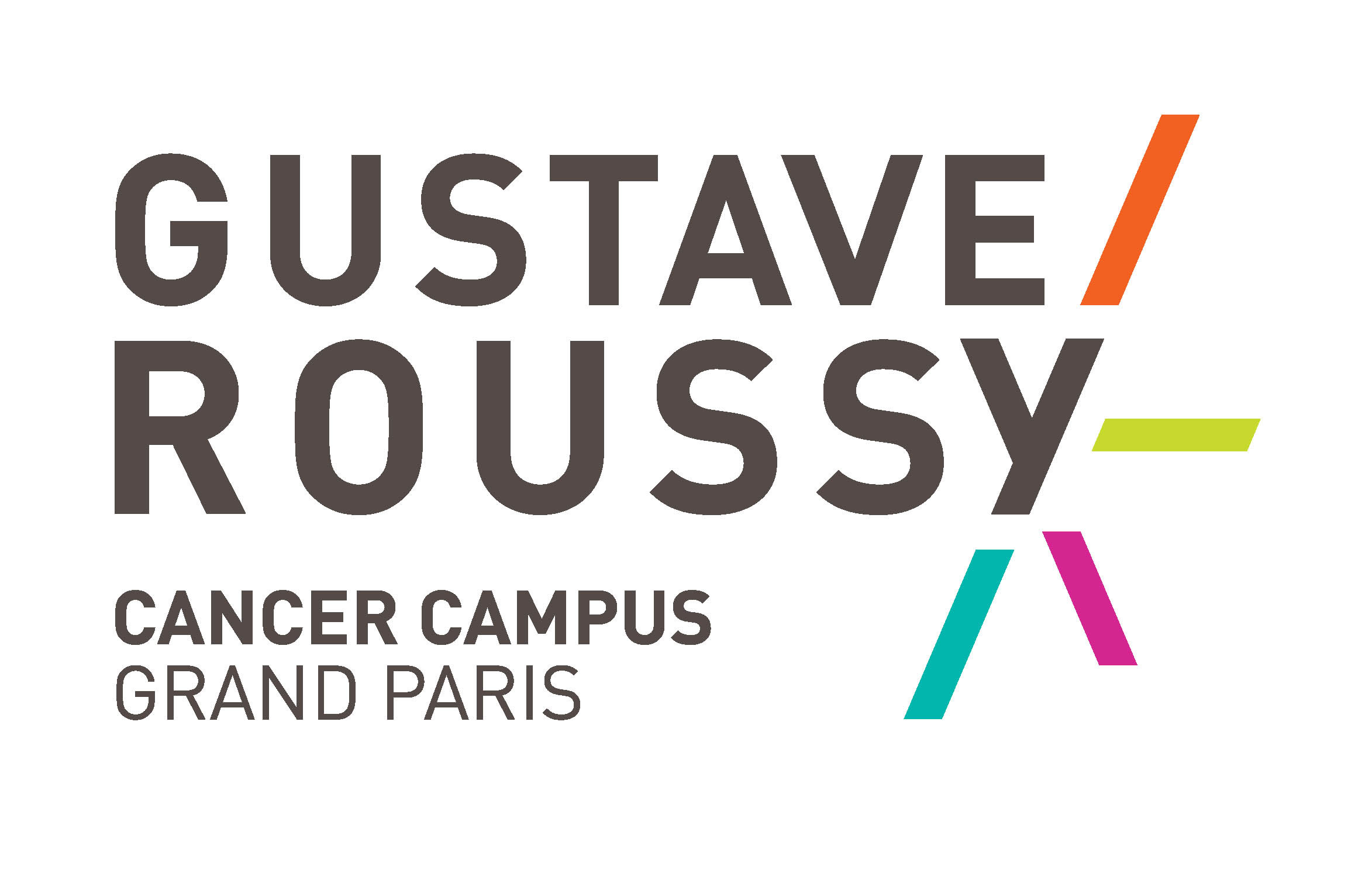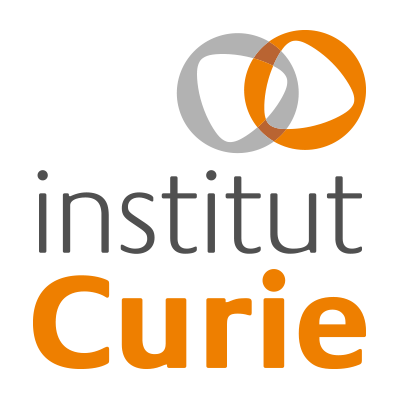
Knowledge base
Cancer treatment in the digital era
The battle against cancer is a multiplayer match today. A conscious patient who is willing to do anything for recovery, the molecular diagnosis beside the histological results and an up-to-date medical knowledge are all required. Moreover, it seems that there are two more important factors: artificial intelligence for the selection of the optimal therapy of the patient - whatever it may be -, and some luck.
By now we know for a fact that cancers are caused by genetic defects, in other word mutations. The majority, about 90%, of these genetic defects are not inherited; rather occur randomly during somatic cell-division process leading to abnormally programmed daughter cells. Cancer researchers have discovered which of the approximately 600 human genes are involved in tumorigenesis as a result of abnormal signalling pathway activation caused by these genetic events.Gene defects are detected by molecular diagnostic tests. Usually about 4-5 gene defects are responsible for a tumor to develop. Alternatively, a single gene defect could contribute to different types of tumors.
Specific targeted therapies are used against certain mutations identified in the tumor. This is when a targeted drug works on tumor cells harbouring the specific molecular defect. By inhibiting the abnormal proteins, the signals to “grow and divide” toward the nucleus would not reach its destination, putting a stop to further abnormal cell division and tumor growth. Immunotherapy has an effect on mutations that block the body's self-defence mechanisms. Applying these therapeutic options is called precision oncology. Since the same mutation can cause cancer in multiple organs, a targeted drug developed against it can be effective in multiple cancer types. Therefore, the appropriate therapy should be mostly determined by the mutation causing the cancer and not the cancer type the patient was diagnosed with.
Oncology software helps to support the doctors’ treatment decisions
The numbers of available targeted drugs are growing each month, which can also give hope to those patients who currently do not have any molecular matching drugs available. On the other hand, it is important to be aware that targeted therapies are not miracle drugs. They can only work in the presence or absence of certain molecular findings. To find out if it works, drug sensitivity studies are needed to be performed - this is called molecular pharmaco-diagnostics. The method is based on a highly detailed analysis of gene defects (mutations) in the tumor DNA. This usually does not require a new tissue biopsy; rather an existing histological specimen could be appropriate.
Trying to choose the best molecular matching targeted drug based on current database and literature from 1,400 different drugs is a major challenge. This would require such knowledge to be able to weigh on the tremendous amount of existing data that it exceeds the capability and capacity of the human brain - this is when artificial intelligence comes into place.
The Realtime Oncology Treatment Calculator® developed by Oncompass Medicine is an EU registered medical device that by applying 26,000 biomedical rules selects and ranks the appropriate treatments in favour of the molecular profile based on all available scientific evidence. This way the system makes the entire process of precision oncology care for patients reproducible, transparent, and manageable. Besides providing therapeutic decision support, the system is designed to update the database on a regular basis and record all types of molecular profiles and results from anywhere in the word in a standardized fashion with quality assurance. As more and more test results are integrated into the Calculator, the more accurate the medical decision support system becomes in predicting the most relevant therapy. The patient can be rest assured that the recommended molecular profile-based treatment option was chosen based on the most updated available scientific data and evidence at the time of decision making.
Unnecessary treatments can be avoided
Different types of molecular diagnostic methods can predict sensitivity to treatments (positive pharmaco-diagnostic biomarkers). Different biomarkers are assigned to certain drugs and cancer types to see whether a mutation is present or not in the tumor. If so, the targeted drug is likely to be effective. If more than one drug could be effective, molecular testing could help ranking amongst them. It can be also predicted if a tumor is unlikely to respond well to a particular treatment (negative pharmaco-diagnostic biomarkers), in which case administering that treatment would not be advices as it is ineffective and may even be harmful to the patient. In such case, it makes more sense to choose from the standard treatment protocols such as chemotherapy. According to Dr. István Peták, Chief Scientific Officer of Oncompass Medicine, the Realtime Oncology Treatment Calculator® is a digital system innovation that can revolutionize clinical drug development. “Rather than testing targeted drugs one by one against millions of possible mutations in hundreds of cancer genes, using our method to select the appropriate therapy would be quick and sufficient. This way we can save decades and billions of dollars: new drugs can be developed much faster with less money to treat cancer patients more efficiently in a personalized way. It's no coincidence that a year ago, in Bangkok we had a chance to present our state of the art medical software as part of a scientific program at an international conference called Breakthrough Innovations in Oncology ”


















